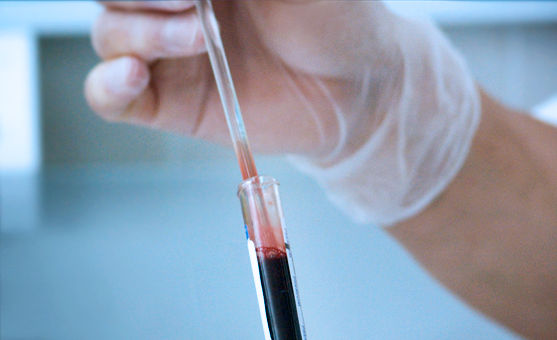Multi-cancer early detection (MCED) blood tests have the potential to increase the early detection rates of some cancers, a development which has implications for insurers says the Swiss Re Institute. To examine their development more closely, the institute examined the effectiveness of eight MCED tests in various stages of development, including some currently in clinical trials.
The report, Multi-Cancer Early Detection: Cancer screening beyond today’s boundaries, found significant differences in the different tests’ ability to detect certain cancers. “MCED blood tests offer a future where a single blood test can provide a routine, comprehensive screening for a range of cancers,” they write.
The liquid biopsy can reportedly detect cancer biomarkers in a single sample of blood. The tests, they add, can be effective in detecting cancer at an earlier stage, potentially before patients are symptomatic.
“The next wave of mortality improvements may come from addressing preventative lifestyle factors and introducing better medical interventions,” the report states. Currently nearly one in six deaths globally occur because of cancer. Broken down, they say every day 30,000 people die from cancer, roughly 10-million annually.
Regarding MCED tests, they say the technology is in its infancy. Consequently, they say the tests may suggest early indications of cancer that cannot be verified. Early versions of the tests may also lead to overdiagnosis, the report notes. At the same time, they may prove to be a cost-effective means of screening for cancers without established screening programs. In addition to key tests in development, the report looks at the accuracy of liquid biopsies and the risk of anti-selection exposure.
“Unequivocal claims definitions, exclusions or partial benefits by recognition of the staging or impact of cancer can help cover or to mitigate overdiagnosis risk,” they write. “Flexible adjustments to pricing margins and non-guaranteed premiums may be another consideration for insurers.”
Notably, the report also suggests that laws and regulations applying to genetic testing may not in fact apply to this kind of testing: “MCED tests aim to detect the presence of a tumour or cancerous cells earlier than other methods. As MCED tests are not genetic tests, they do not indicate the predisposition to developing cancer. Subsequently, established laws and regulations in various markets which protect against the use and disclosure of predictive genetic information for underwriting purposes are unlikely to apply.”




